One of the areas that have been significantly impacted by the coronavirus crisis is student mobility and international student recruitment. The prospects for university enrollment of students in 2021 are outlined in the report of the British rating agency QS Quacquarelli Symonds “Hope for the Future: How Universities are Identifying Emerging Opportunities in 2021” https://info.qs.com/rs/335-VIN-535/images/Hope-for-the-Future-How-Universities-are-Identifying-Emerging-Opportunities-in-2021.pdf
Thus, according to the study conducted by QS Quacquarelli Symonds, higher education professionals will seek to boost their recruitment prospects while adhering to shifting governmental guidance and strict safety controls in 2021.
Higher education professionals feel cautiously optimistic about international student recruitment. When asked how they feel about their international recruitment prospects for the year ahead, many respondents were either very (7%) or somewhat optimistic (38%), with just under a third feeling neutral (29%). This reiterates the notion that there is a feeling of cautious optimism for many universities worldwide as they plan ahead for their recruitment cycles in 2021.

Source: Hope for the Future: How Universities are Identifying Emerging Opportunities in 2021 report.
A significant minority were somewhat pessimistic (19%), while only a few respondents were very pessimistic (8%).
To widen their recruitment scope, surveyed higher education professionals were asked whether their institution is seeking to diversify its source countries. More than half are seeking to diversity their source countries for international student recruitment, 21% are unsure, 17% are considering the move, and only 11% are opposed to the idea.

Source: Hope for the Future: How Universities are Identifying Emerging Opportunities in 2021 report.
This demonstrates that the majority of institutions are open to diversifying their student recruitment source countries in 2021, which may alleviate gaps in the market caused by coronavirus restrictions.
When asked how governments can help institutions and encourage international students to study in their country, respondents chose a range of measures. The most popular option was making it easier for students to obtain a student visa (56%), followed by establishing travel corridors with as many countries as they can (48%) and extending the length of time they can remain on post-study work visas (44%).
Another popular measure was setting up more scholarships for international students (44%), which clearly aligns with the priorities of prospective international students as shown in previous QS coronavirus reporting.
Less popular measures were ensuring they are not subject to quarantine measures when they arrive in the country (21%) and making it easier to become a permanent resident (18%).

Source: Hope for the Future: How Universities are Identifying Emerging Opportunities in 2021 report.
How did universities see recruitment shift in 2020 due to the coronavirus crisis?
Overall, we can see that international student recruitment was significantly impacted by the coronavirus crisis. 30% of respondents stated that they had recruited significantly less than expected, while 29% recruited slightly less and 27% recruited as many international students as they expected.
Only 6% saw significantly more international students than expected, and 9% saw slightly more.

Source: Hope for the Future: How Universities are Identifying Emerging Opportunities in 2021 report.
Given the widespread and devastating nature of the coronavirus crisis, the fact that 27% of respondents saw their expected levels of recruitment, and a combined 15% saw more than expected, is a promising indication of the strength of the international student market.
For those respondents who stated that they had recruited fewer international students than expected, they pointed to a range of reasons why this may have been the case.
The most prevalent reasons for reduced recruitment of foreign students:
- – Fear of travel (60%)
- – Inability to travel to their country (58%),
- – Reluctance to study online (43%)
- – Postponement of studies until the next academic year (43%)

Interestingly, only 16% of surveyed higher education professionals believed that international students wanted to go to countries which had responded better to the coronavirus crisis than their country. In a follow-up question, respondents were asked to speculate what proportion of their prospective international students they think they lost to other countries who handled the crisis better.
In line with the previous insights, 26% of respondents stated that 11-20% of their prospective international students may have been lost to other countries.
A significant minority (13%) chose 71-80% and 81-90%, indicating that a portion of institutions believe that a large percentage of their prospective international students chose to study in other countries.

Another element that had to change because of the coronavirus crisis was the ability to conduct English-language testing. With in-person testing no longer an option due to social distancing restrictions, many institutions chose to waive these requirements or use language applications like Duolingo to test for language proficiency, with 18% of respondents admitting international students without completed language tests.
What incentives are universities offering to encourage admissions?
One step that some institutions took was to offer tuition fee discounts.
When asked whether their institution had offered any discounts to international students, 25% of surveyed higher education professionals said that they had, 45% said they had not, and 30% were unsure.

Respondents were also asked to reveal whether they were considering discounting tuition fees for new international students if they were to start their studies online, with 29% stating that they were considering it, 44% saying that they were not, and 28% unsure.

We would like to remind that the Ministry of Foreign Affairs has introduced a website about Ukraine for foreigners, which aims to promote studying, investing and traveling in Ukraine.
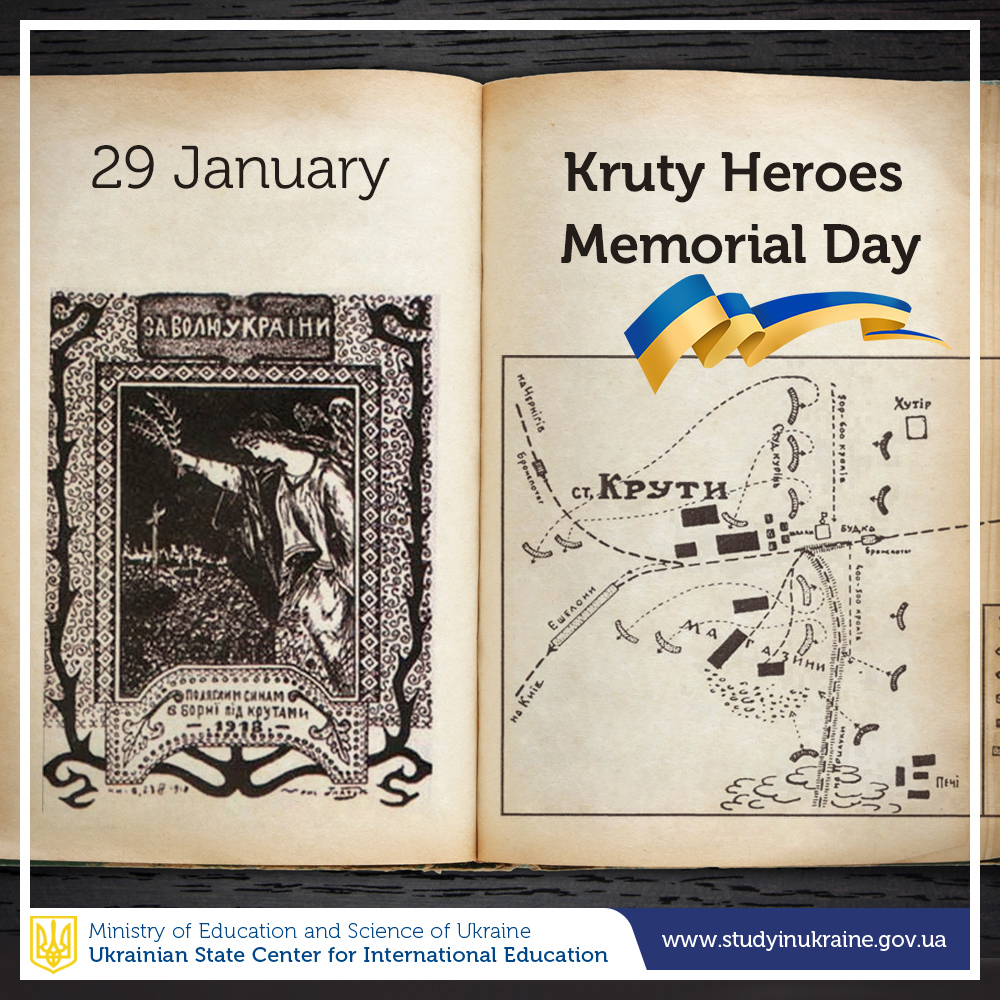
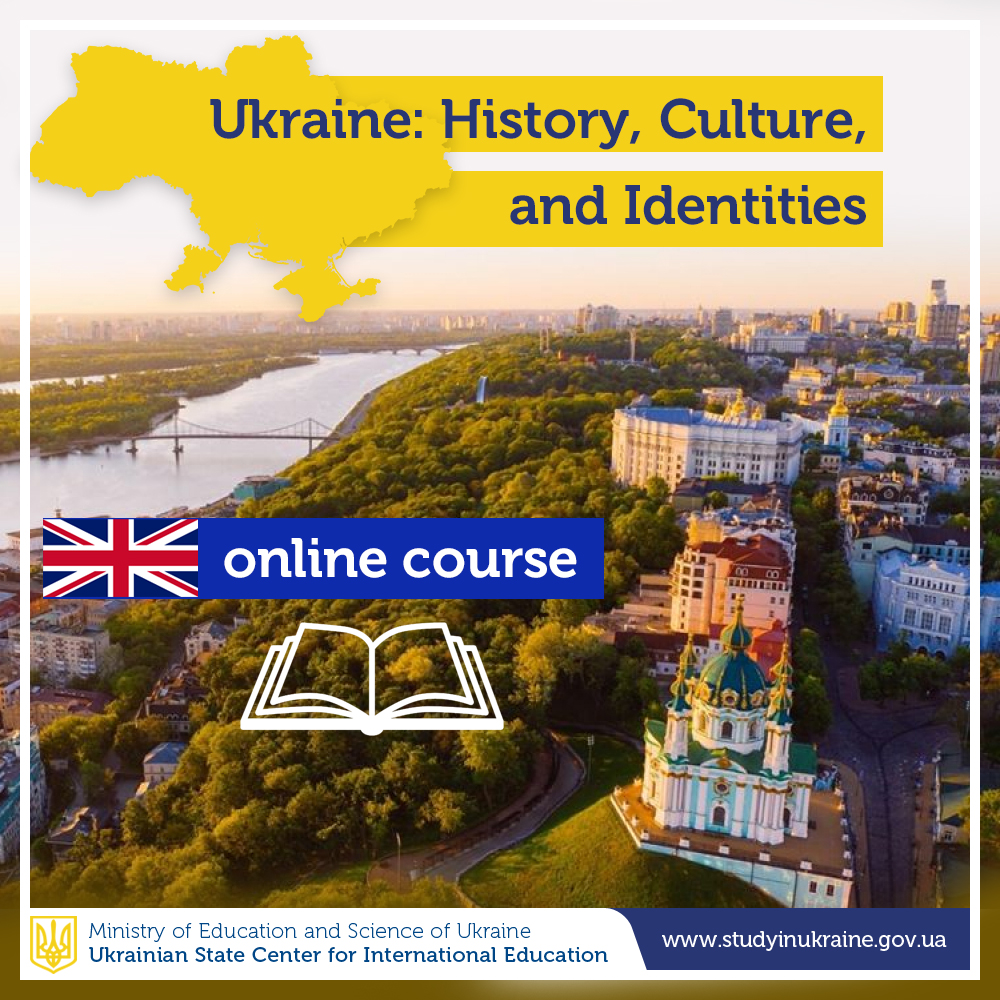









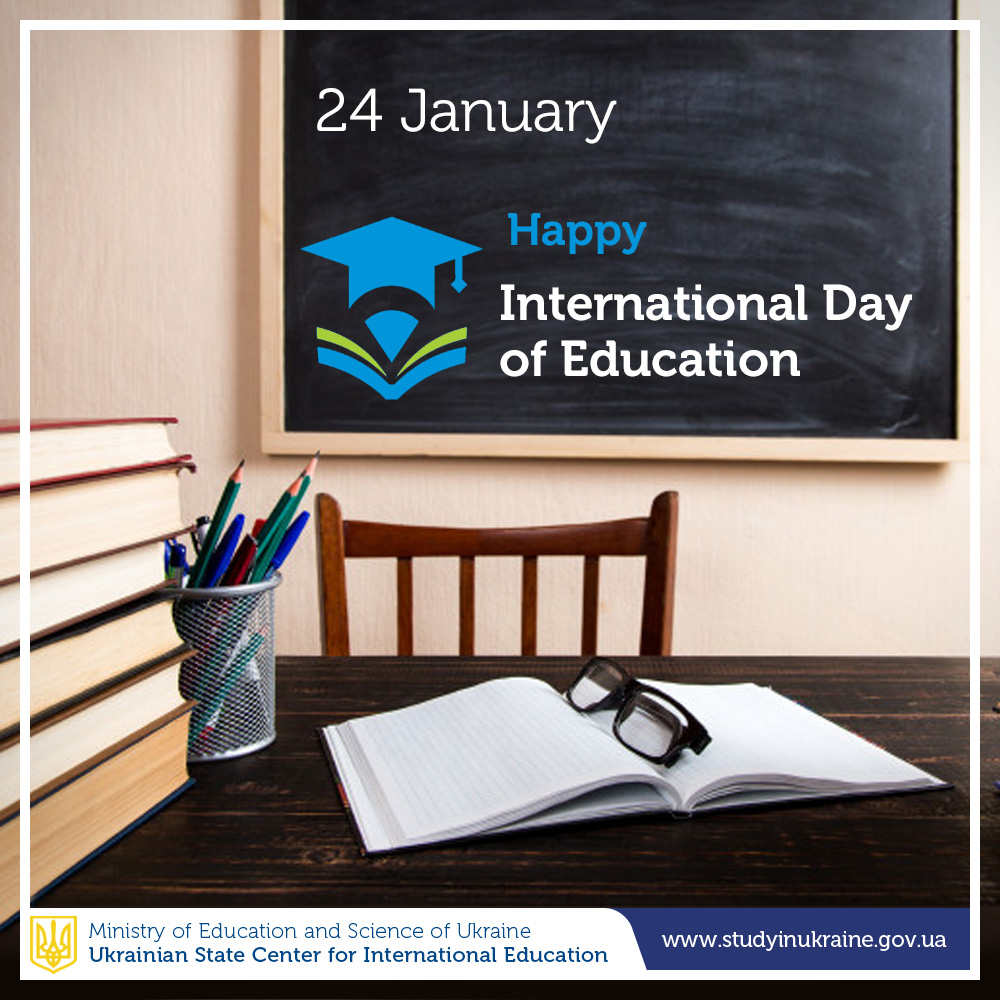
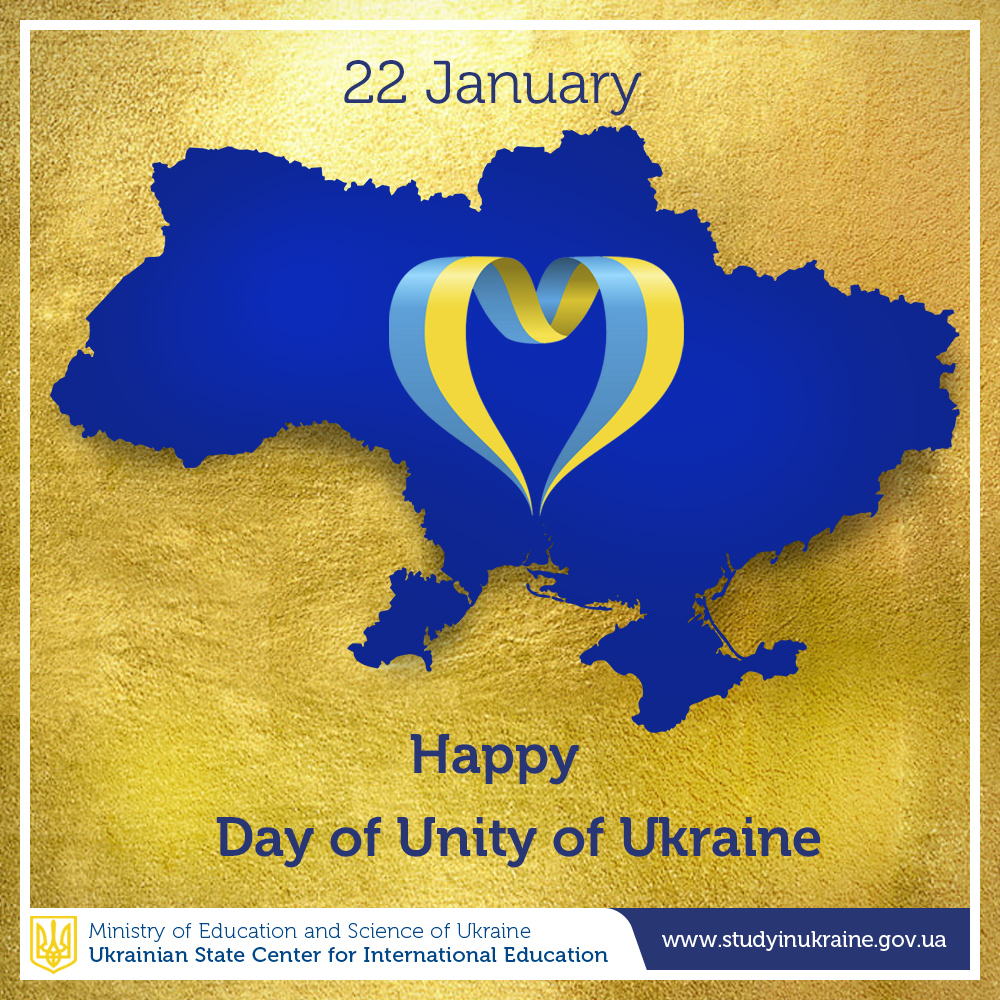
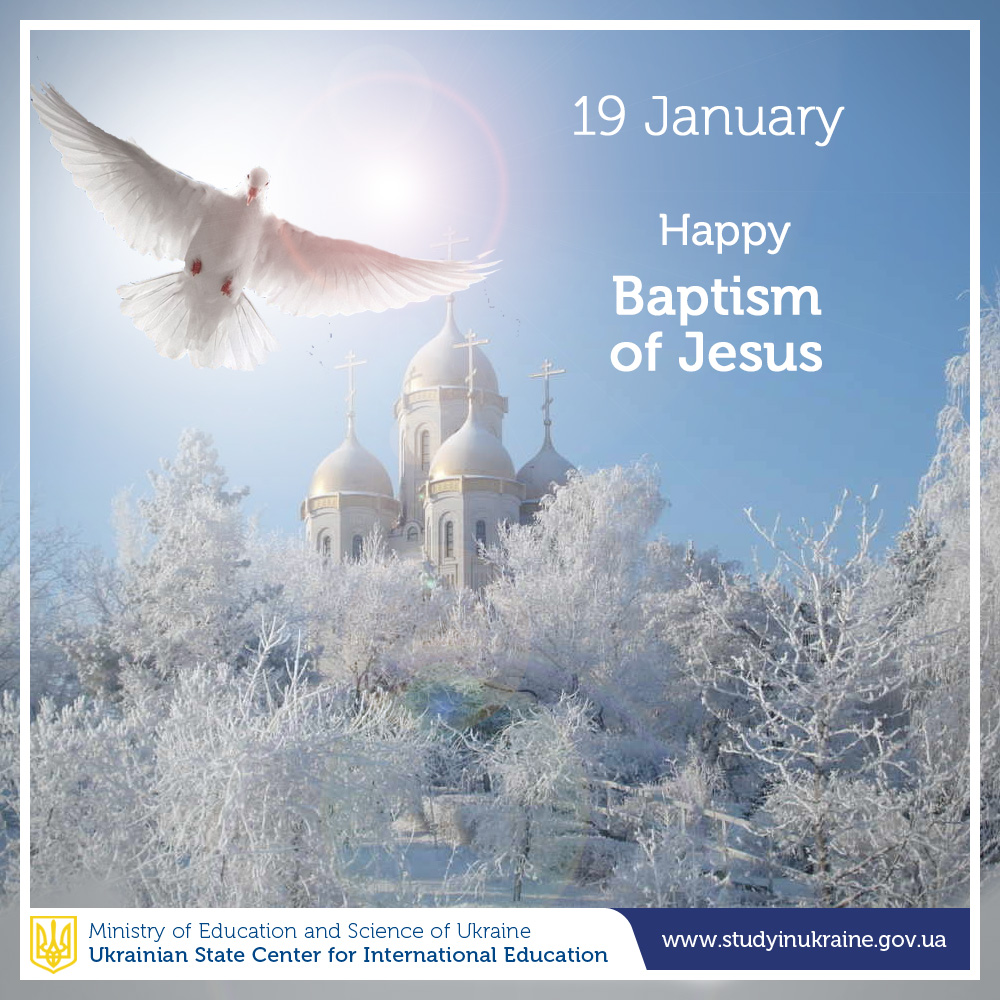
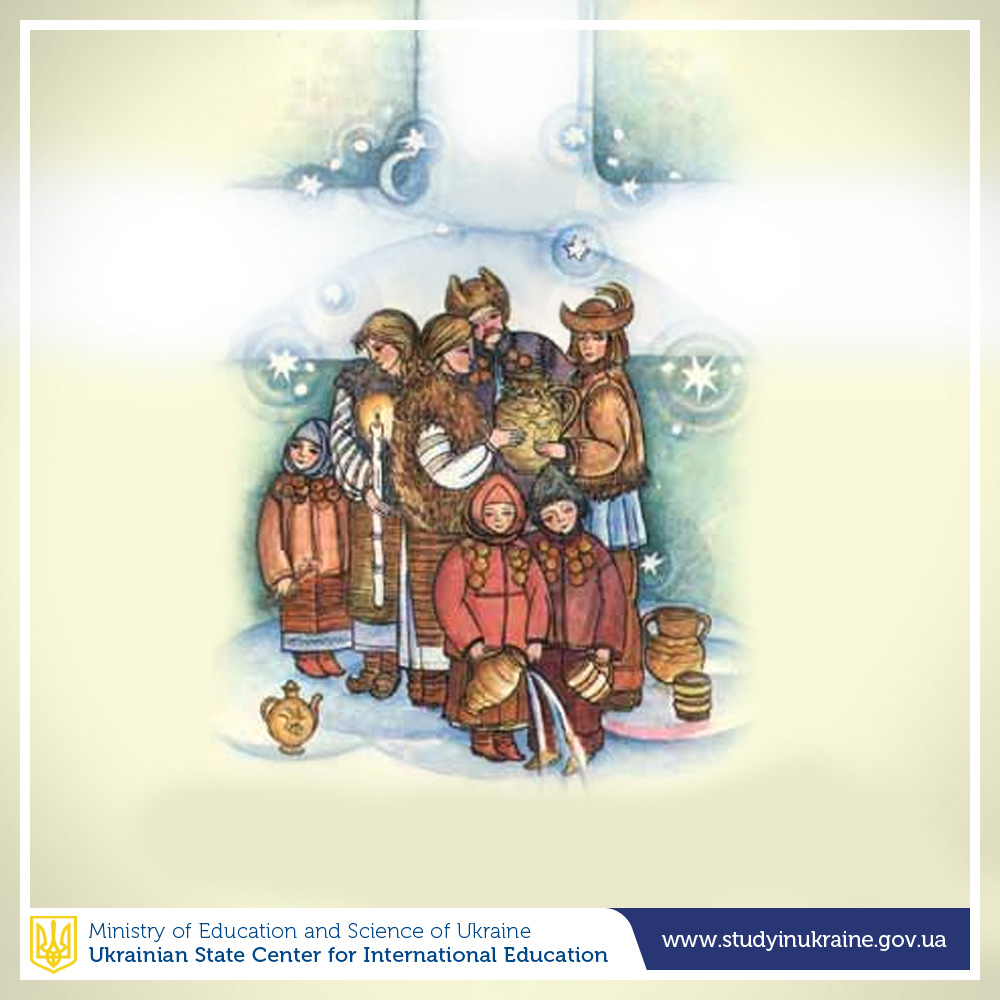








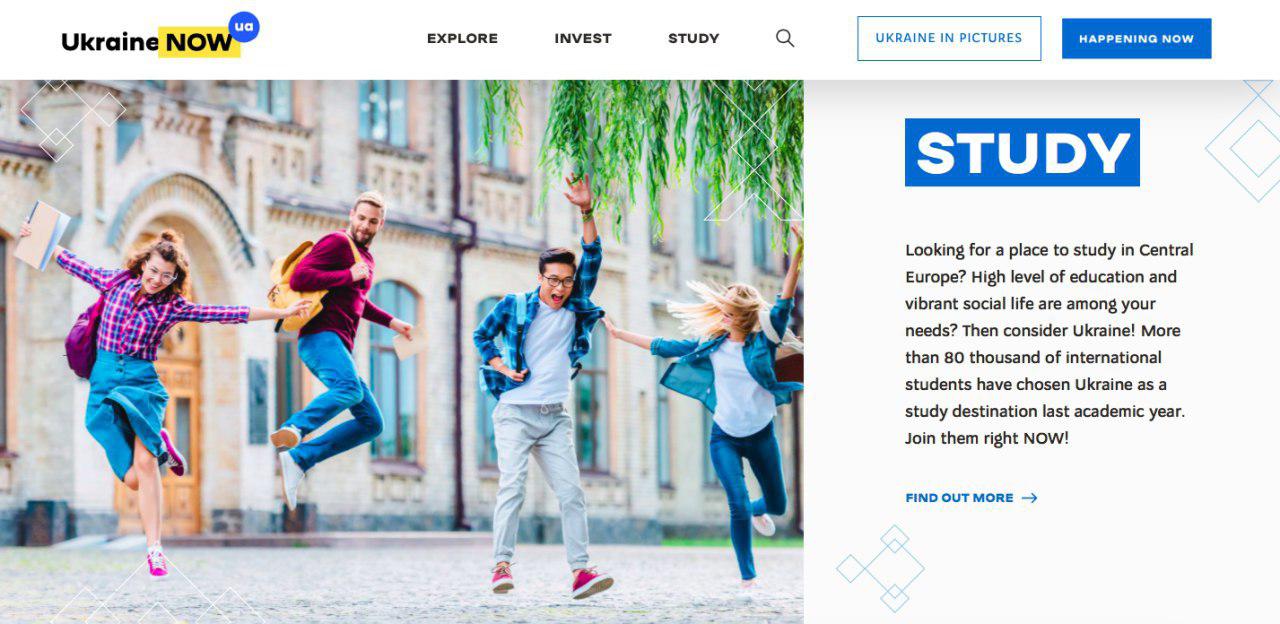
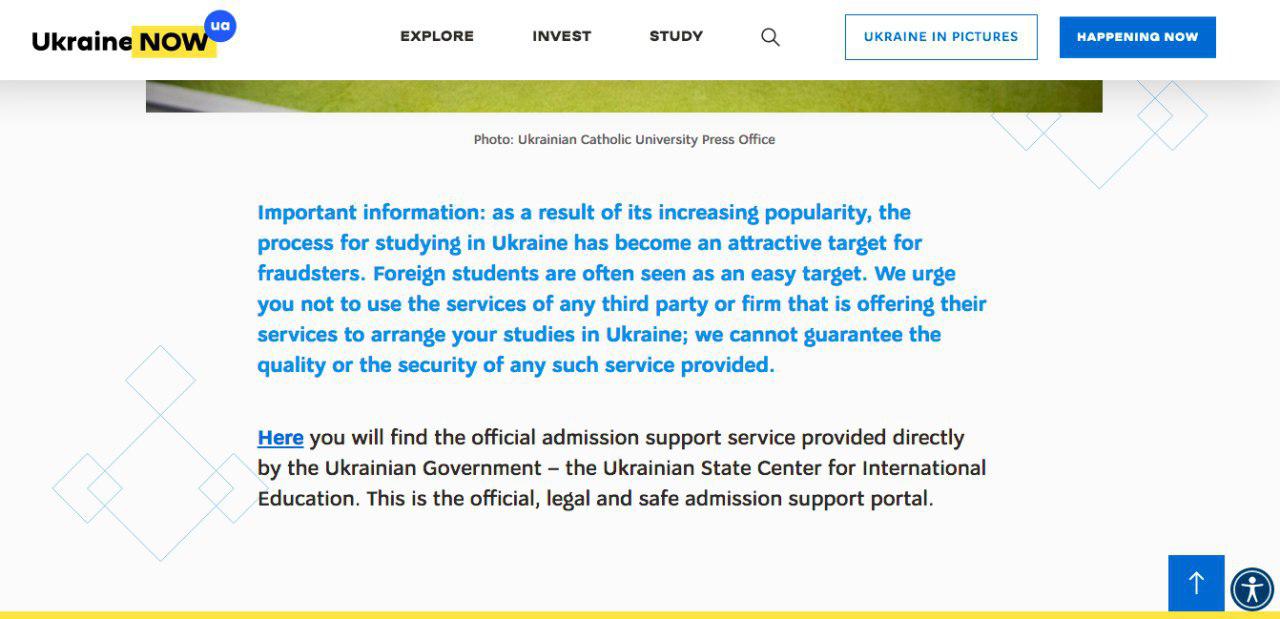
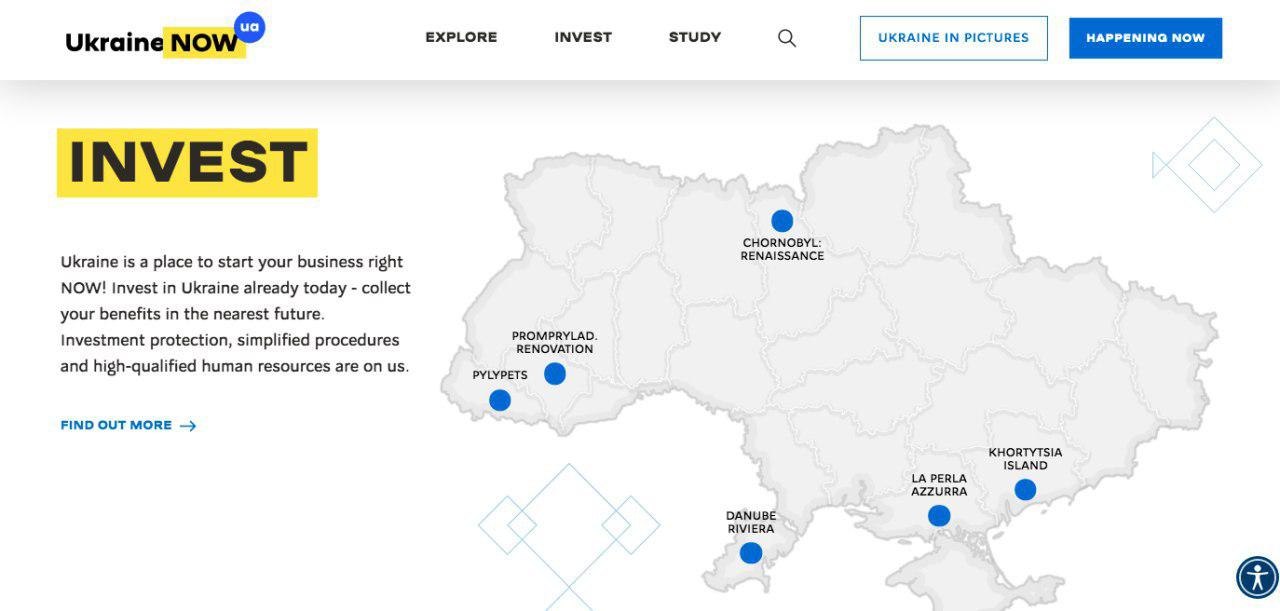
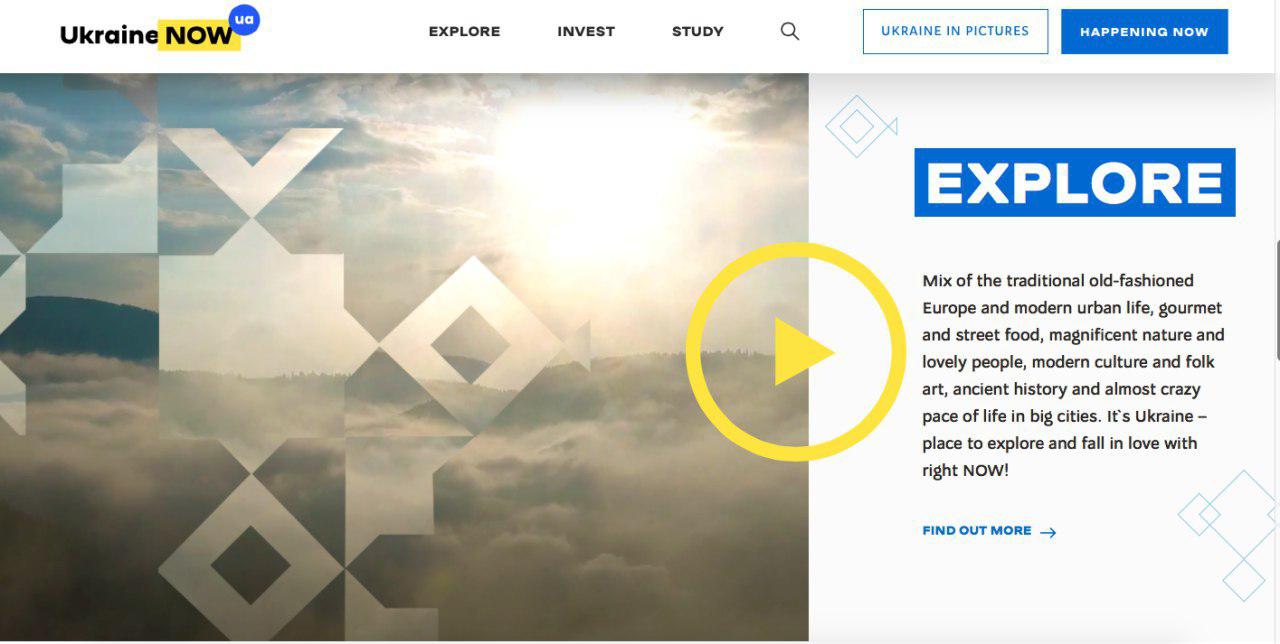
Recent Comments